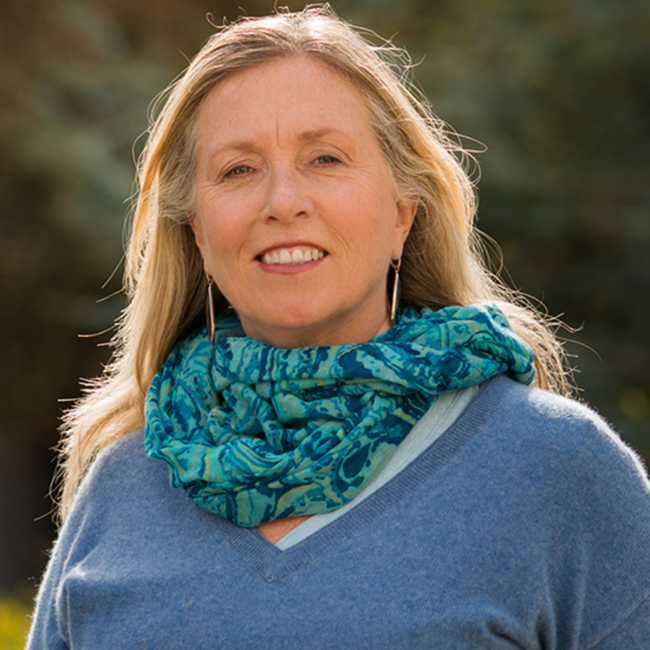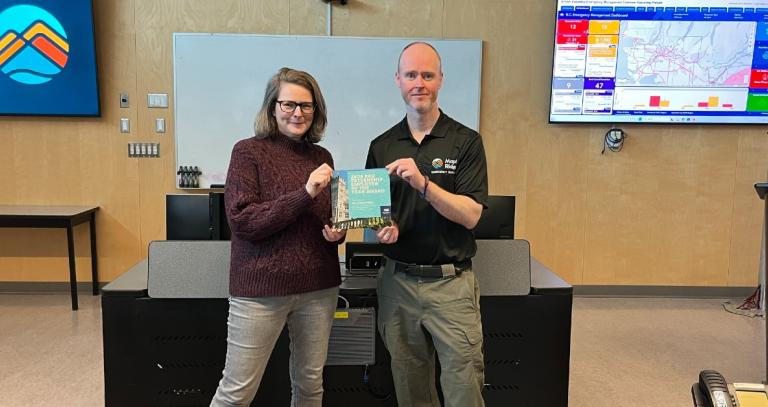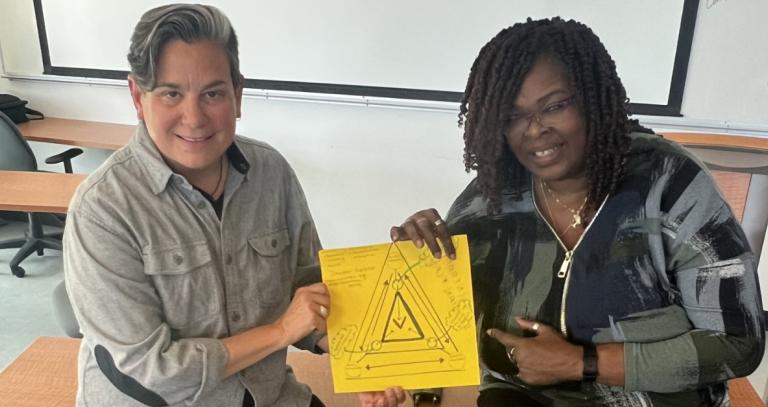Make a difference with disaster and emergency preparation and mitigation strategies, and help communities with project planning, risk management, resiliency and sustainable recovery.
You are a disaster and emergency management professional or someone who aspires to work in this growing field.
This two-year interdisciplinary degree looks at disaster and emergency management in an integrated, holistic way, through a blend of online learning and on-campus residencies, or entirely online.
Your work and study in this crucial field will offer you the opportunity to make a significant impact by helping communities prepare for, respond to, and recover from crises, building a more resilient society.
Delivery options
Mix of mostly online courses and short, intensive on-campus residencies, or entirely online.
Experiential learning
Opportunities for domestic or international field-based learning.
Career opportunities
Pursue roles in government, NGOs and private sectors.
Upcoming offerings
June 22, 2026
Application deadline ℹ
Delivery model
Domestic tuition
International tuition
Related Schedules
November 23, 2026
Application deadline ℹ
Delivery model
Domestic tuition
International tuition
Related Schedules
Request more information
Be a leader in disaster and emergency management
Disasters are more than just hazards to avoid. To work as a professional in emergency management, you need to see disasters in relation to the world itself.
Learn how the environment, society, economics and politics all have an impact on how disasters unfold. Study how to plan for and mitigate disasters and emergencies, and to promote sustainable recovery when disaster strikes. And look at ways to support communities at risk, increasing community resilience.
Graduate with skills in critical thinking, communication and an understanding of best practices to work in sectors like international development, disaster management and mitigation, emergency response and international NGOs.
Program outcomes
As a graduate of this program, you'll have skills like critical thinking, communication and an understanding of best practices to work in sectors like international development, disaster management and mitigation, emergency response and international NGOs.
Build toward this degree
Want to work your way toward this master's degree? You can complete the one-year Graduate Diploma in Disaster and Emergency Management to earn credits toward this program.
Study online or through a blend of online & on-campus learning
Online learning
Online courses consist of readings, lectures, discussions and assignments.
You’ll take one online course at a time for a period of nine weeks, followed by a two-week break. Expect about 20 hours of work per week. Meeting deadlines and active participation are essential.
The program starts with a required non-credit course on academic integrity.
Residencies
You'll take part in two two-week residencies on our ocean-front campus.
During your residency, you can expect to:
- attend classes full time (e.g., Monday to Friday from 8 a.m. to 5 p.m.)
- complete homework and individual and team assignments outside of class hours
- take part in extracurricular activities
Completion options
During your first year, you'll take courses with students in the Graduate Diploma in Disaster and Emergency Management.
During your second year, you'll choose one of these completion options from the following options:
Option one: Thesis
- In this option, you'll take an additional research course during your second residency.
Option two: Coursework
- If you choose coursework, you can to continue your studies online during the second year, choosing electives from other graduate programs.
- If you opt for coursework, you can also pursue a six-credit internship, gaining hands-on field experience.
Courses
NOTE: School of Humanitarian Studies students are required to complete all courses in sequence. Exceptions require Program Head approval. With the exception of HUMS 551 and 691, all other HUMS courses may have students from MA Conflict and Management, MA Disaster and Emergency Management, MA Human Security and Peacebuilding, MA Justice Studies and MA Interdisciplinary Studies programs co-registered in the same course.
To see order and date of courses, please refer to the program schedule found under overview tab.
Course-based Track - Required Courses
ITAI
Introduction to Academic Integrity
0.0 Credits
Online
DEMNSOL
Student Orientation to Learning
0.0 Credits
Online
DEMN502
Foundations in Disaster and Emergency Management
3.0 Credits
Online
DEMN503
Facilitation, Coordination and Decision Making in Multi-Stakeholder Environments
3.0 Credits
Blended, Online
DEMN504
Human Dimensions of Disasters
3.0 Credits
Blended, Online
HUMS551
Foundations of Research
3.0 Credits
Online
DEMN552
Hazard and Disaster Risk Management
3.0 Credits
Online
DEMN553
Disaster Response and Sustainable Recovery
3.0 Credits
Online
DEMN601
Disaster and Emergency Management Planning: From Policy to Practice
3.0 Credits
Blended, Online
DEMN602
Advanced Professional Practice: Planning for Resilience in an Age of Uncertainty
3.0 Credits
Blended, Online
HUMS691
Short Paper
3.0 Credits
Online
Course-based with Internship Track - Required
Take all the same courses as the Course-based track PLUS the following
HUMSIP
Internship Preparation and Career Management Skills
0.0 Credits
HUMS644
Internship
6.0 Credits
Directed, Field, Lab or Major Project, Online
Course-Based Tracks - Electives
- Student's choose THREE electives if they are on the Course-based Track.
- Student's choose ONE elective if they are on the Course-based with Internship Track.
Courses are broken into three time periods. To see what courses you can choose for each time period please refer to the program schedule found under overview tab.
HUMS641
Foundations of Policy and Practice in Humanitarian Action
3.0 Credits
Online
HUMS643
Ethno-political Conflicts in the Canadian Context
3.0 Credits
Online
HUMS661
Risk and Crisis Communication
3.0 Credits
Online
HUMS671
Transdisciplinarity in Practice
3.0 Credits
Online
HUMS611
Intercultural Competence
3.0 Credits
Online
HUMS651
Case Studies in Humanitarian Action: Advanced Policy and Practice
3.0 Credits
Online
HUMS652
Adaptive Management for Complex Humanitarian Problems in the 21st Century
3.0 Credits
Online
HUMS672
Public Images of Justice and Fairness
3.0 Credits
Online
HUMS642
Psychosocial Interventions: Managing Stress, Trauma, and Loss
3.0 Credits
Online
HUMS653
Environmental and Resource-Based Conflict Management
3.0 Credits
Online
HUMS662
Professional Practice in Conflict and Change Management
3.0 Credits
Blended
HUMS673
Indigenous Perspectives on Humanitarianism
3.0 Credits
Online
CPWB500
Foundations: Reframing Child Wellbeing in Complex Global Realities
3.0 Credits
Online
PJMN501
Managing Complex Projects
3.0 Credits
On Campus, Online
Thesis Track - Required Courses
ITAI
Introduction to Academic Integrity
0.0 Credits
Online
DEMNSOL
Student Orientation to Learning
0.0 Credits
Online
DEMN502
Foundations in Disaster and Emergency Management
3.0 Credits
Online
DEMN503
Facilitation, Coordination and Decision Making in Multi-Stakeholder Environments
3.0 Credits
Blended, Online
DEMN504
Human Dimensions of Disasters
3.0 Credits
Blended, Online
HUMS551
Foundations of Research
3.0 Credits
Online
DEMN552
Hazard and Disaster Risk Management
3.0 Credits
Online
DEMN553
Disaster Response and Sustainable Recovery
3.0 Credits
Online
DEMN601
Disaster and Emergency Management Planning: From Policy to Practice
3.0 Credits
Blended, Online
HUMS630
Advanced Research Methods
3.0 Credits
Blended, Online
HUMS695
Thesis
12.0 Credits
Directed, Field, Lab or Major Project
Faculty

Associate faculty

Associate faculty
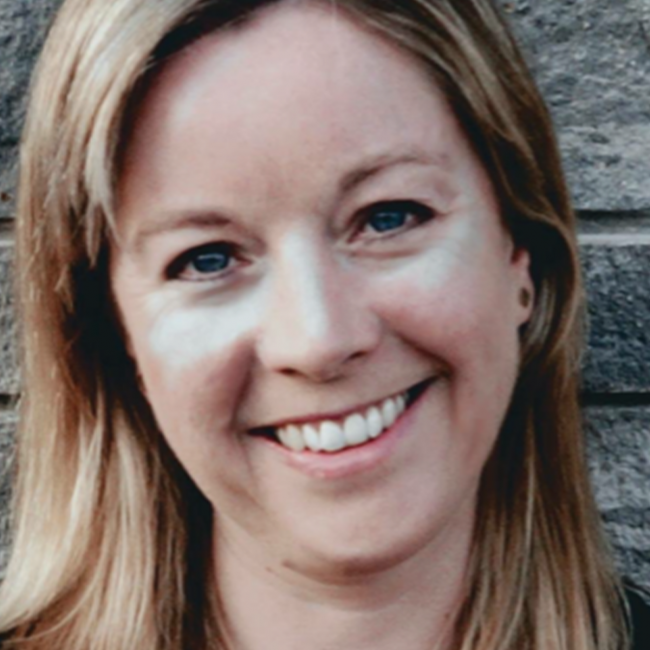
Associate faculty
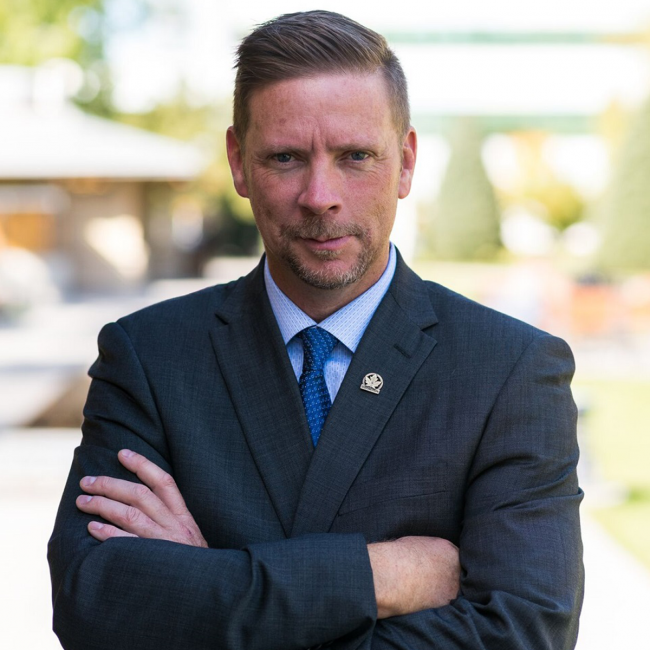
Associate faculty
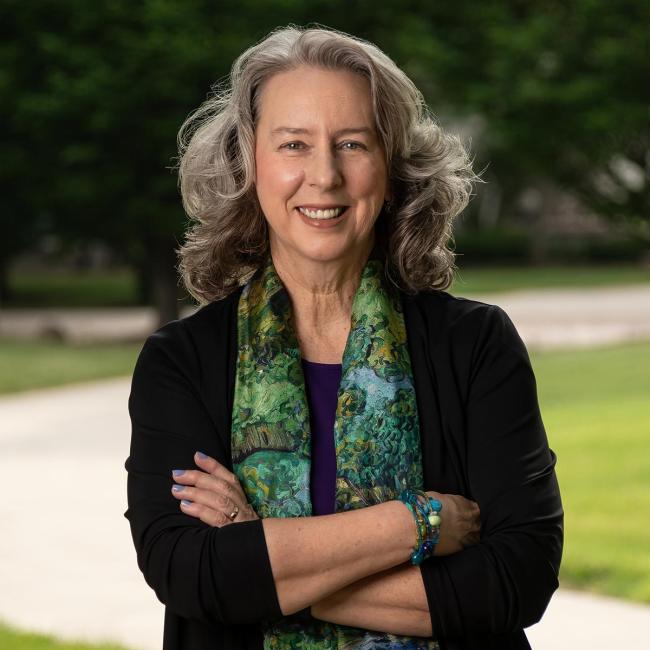
Associate faculty

Associate faculty

Associate faculty

Associate faculty

Associate faculty
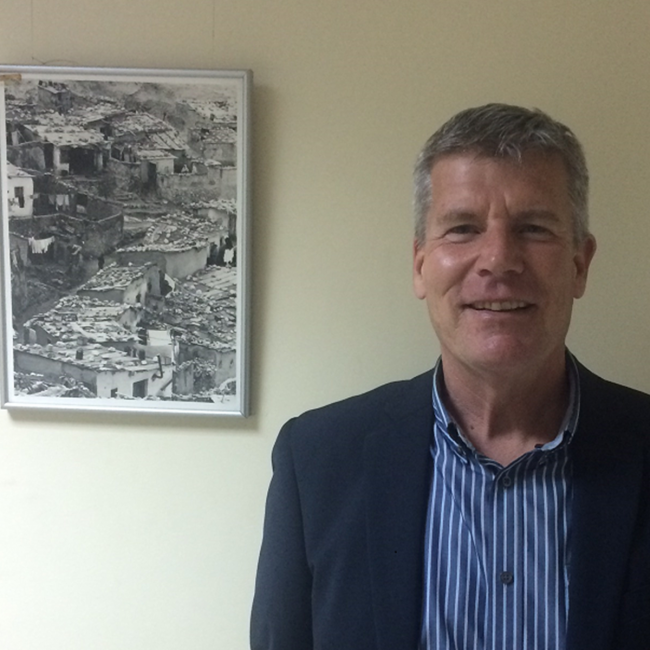
Associate faculty
Transfer agreements
Refine results
Standard admission
- Four-year (or comparable) undergraduate degree in a relevant and related field*, with a minimum GPA of 'B+' (3.33/4.33), from a recognized post-secondary institution
* Relevant and related fields are defined by each program based on disciplinary and/or professional practices. Applicants are required to address how they consider their academic education to be relevant and related to their desired program of study within the personal statement questions.
Flexible admission
- Applicants who meet the degree requirement, but not the GPA requirement, will be required to have a minimum 5 years of relevant* professional experience.
- Applicants without an undergraduate degree will normally require 10 years of work experience, with a minimum of two years of relevant* professional experience in a leadership or management position**, or an equivalent combination of education and experience.
- Normally, flexible admission applicants will be required to complete "Academic Writing and Critical Thinking", with a minimum passing grade, prior to commencing the program.
* Each program, based on disciplinary and/or professional practices, defines what is considered relevant professional experience. Applicants are required to address how/why they consider their respective supervisory (and overall work experience) to be relevant and related to their desired program of study within the personal statement questions.
** Experience in a leadership or management position is considered on the basis of a holistic review of career progression, which demonstrates increasing competency and/or responsibility. This can include, but is not limited to, supervisory functions, signing responsibilities, contributions to organisational change and/or implementation of organisational vision and mission. Applicants are required to address how they consider their work experience to meet these requirements within the personal statement.
English language proficiency
- If English is not your primary language, please review our English language requirements.
All applications to this program require submission of the following information and supporting documents before your file can be assessed for admission:
Application form
In order to apply online, you will be required to create a log-in account using your email address. You will be required to list all credit courses and/or programs you have completed or are currently enrolled in. An application fee will be required. If your application fees are being paid by a third party, review sponsored student information. Once submitted, you may check the status of your application at any time.
Missed your application deadline? While we can’t make any guarantees, we may be able to accommodate late applications if there's still space and enough time to process. If you're interested in an intake that is now closed to applications, apply for the next available intake and email Admissions with your preferred start date. Make sure you’re prepared to submit your program's required documents right away. We can't make an admissions decision without them.
Official transcripts
Applicants are responsible for arranging for the submission of official transcripts from ALL post-secondary (higher education) institutions currently or previously attended, for all credit courses and/or programs. Transcripts are not required for non-credit programs or courses, though some programs may require proof of professional certifications or designations.
Transcripts are considered official only if submitted directly by the Registrar or other recognized authority of the providing institution in the institution's original, sealed envelope. If the envelope has been opened, the transcripts are no longer official and new (official) transcripts will be required to complete your application.
All international transcripts or credentials are subject to an international transcript and/or credential evaluation.
Personal statement
The personal statement is an opportunity to express your interest in the program and demonstrate your preparedness for graduate studies. The statement should be two- to three-pages and must address each of the following questions. Applicants are encouraged to use each question as a separate heading to ensure that all topics are clearly addressed.
- Why do you wish to enrol in the disaster and emergency management program?
- What academic courses and/or training have you in the area of disaster and emergency management?
- What work experience have you in the area of disaster and emergency management?
- How is this program relevant to your career goals?
- What experience have you had with distance education and self-directed study?
- What special strengths would you bring to the program?
Letters of reference
Two letters of reference are required and may be provided by current or past employers, or those who have known you in an academic or volunteer setting. Although personal references are considered as part of the application, an emphasis is placed on professional and academic references.
- Academic reference: This letter should attest to your performance in the context of your current or previous studies. The letter can address such areas as your academic skills and achievements, writing, thinking and study skills, flexibility, commitment to lifelong and self-directed learning, research skills, and tenacity.
- Professional reference: This letter should attest to your current or previous performance in your professional life. The letter can address areas such as your emergency preparedness and/or disaster management experience and capabilities as well as your leadership, management teamwork, and communication skills, community service, work ethic, and ability to deal with complex, stressful situations.
- Personal character reference: A personal character reference should consist of a letter from someone who has known you for several years outside the context of your work. Please ask the writer to indicate the length of time and context in which they know you. This letter can mention attributes such as your commitment to learning, ability to work with others, communication skills, responsibility, and integrity.
Structured résumé
Applicant's résumé must include the following:
- Post-secondary education: List all post-secondary education, degrees, diplomas, and certificates you have achieved.
- Work experience: Please include name of organization, position, length of service (month and year), and a brief description of duties.
- Training and professional development: List career related training and professional development programs completed with the past five years. Include the source of training, and the duration and year completed. List other training and personal development programs not already identified.
- Voluntary/unpaid work experience: List and describe any voluntary/unpaid post-secondary employment and/or community service experience. Please include name of organization, length of service and a brief description of duties.
- Professional memberships/affiliations: List memberships and positions you hold/have held in professional associations, service clubs, community/volunteer sector.
- Other relevant information: Provide any other information which you believe is relevant to your application and will be of assistance to the review committee.
If applicable:
- Applicants declaring permanent resident or Convention Refugee status in Canada, must submit a copy of their Permanent Resident Card (PR card) along with their application.
- Transcript evaluation fee or credential evaluation report, if submitting international transcripts.
- An official English language proficiency score report or other evidence of proficiency if English is not your primary language.
- Other information or documents as may be requested to determine your eligibility.
For information on how and where to send your supporting documents, please refer to the document submission guidelines.
Financial aid and awards
Refine results
Explore lectures in disaster and emergency management
Royal Roads' faculty, researches and esteemed external experts share cutting-edge knowledge and foster dialogue in disaster and emergency management.
Delve into a range of niche and underexamined areas and gain insights into challenges and solutions in the field.
Each lecture is followed by a Q&A session, offering a professional and inclusive environment for thoughtful dialogue.

Meet the moderator
Dr. Mahmood Fayazi, Disaster and Emergency Management program head, serves as the moderator for the lecture series. With extensive experience spanning both practice and academia across diverse sectors of disaster and emergency management worldwide, Dr. Fayazi moderates the sessions, contributing perspectives and facilitating meaningful discussions.
Upcoming lectures
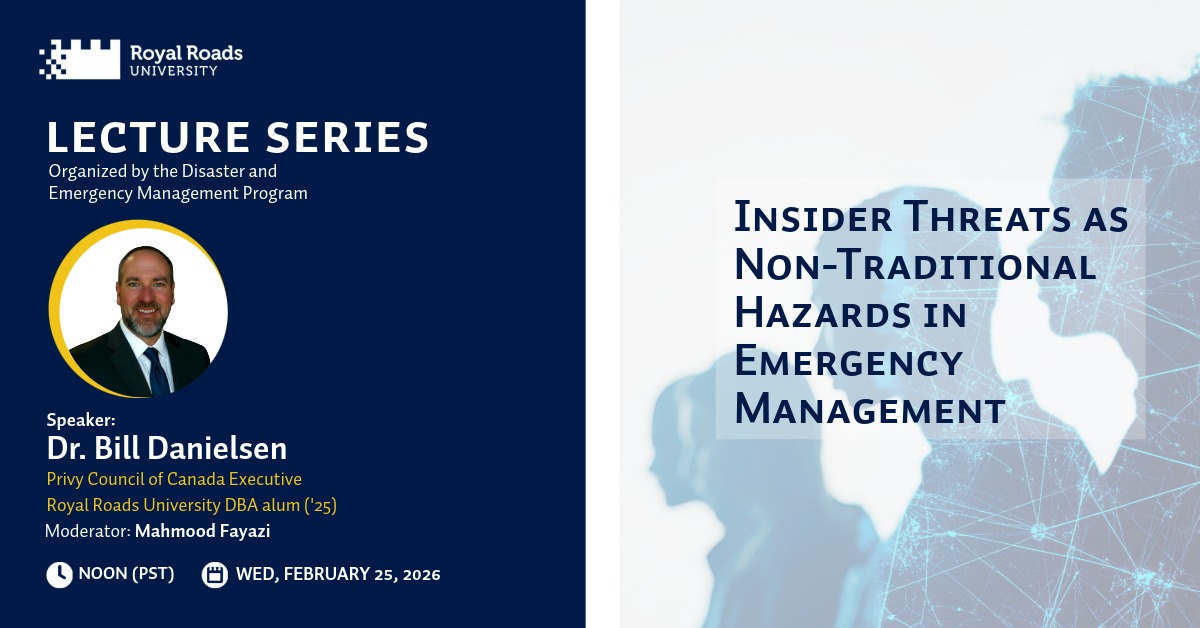
Insider Threats as Non-Traditional Hazards in Emergency Management
With Privy Council of Canada executive and Royal Roads DBA alum Dr. Bill Danielsen
Date: Wednesday, February 25, 2026
Time: Noon to 1 p.m. (pacific)
Location: Online
Watch recent lecture recordings
January 2026
Evidence-Based Practices for Building Resilience and Psychosocial Support for Wildfire Response
November 2025
Blending Theory and Action in Emergency Management Evacuation Planning
October 2025
Patterns of distributive environmental justice in Canada
September 2025
A gender transformative approach to emergency management
June 2025
The Role of Social Capital in Whole of Community Emergency Management
May 2025
April 2025
Note: Zoom went down during recording, some issues with connectivity
March 2025
Amphibious Retrofitting of Homes in Indigenous Communities
February 2025
Communication in High-Stress, High-Concern Communications with Benjamin Morgan
January 2025
The Role of Horticulture in Disaster and Emergency Management with Paul Allison
December 2024
The Hidden Costs of Flood Relocation in Québec's Vulnerable Communities with Mahmood Fayazi

